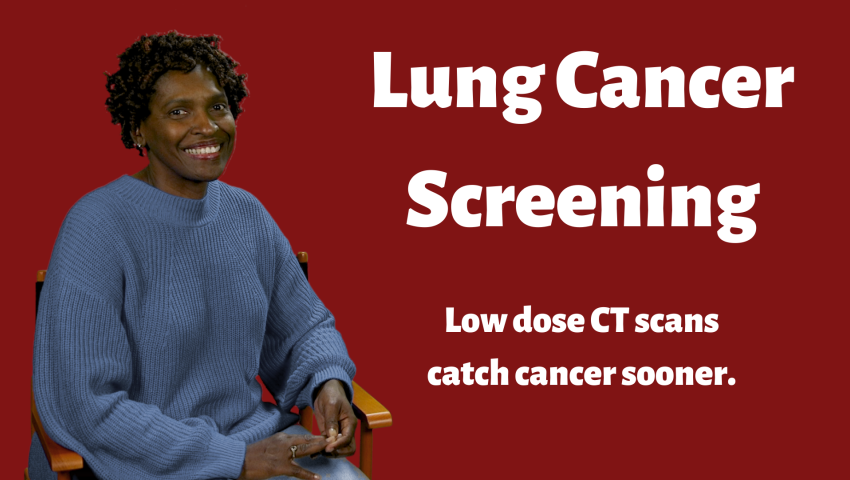Dr. Williams: Absolutely, there are some barriers to lung cancer screening. Number one, as we discussed, people don't know about lung cancer screening. It's our newest screening tests so there's a lack of awareness. That's one barrier. Other screening tests such as breast cancer and colon cancer, people are very familiar with those tests, whether they meet the criteria for those tests or not they know about them. But not as much with lung cancer screening. Additionally, it's very hard to determine how much a person has smoked. In order to be screened for lung cancer, the person must have smoked a pack a day for 30 years. Most people who use tobacco don't use a certain amount of tobacco consistently. There may be times that they smoke a pack a day for several years and then they might lower to a few cigarettes a day, perhaps if they have a new child in the home, or in the case of a woman if she's pregnant. So it's very hard to determine who's at risk and who should be screened. Additionally, unlike other screening tests, with lung cancer screening tests, the clinician who orders that test must have a shared decision-making conversation with the person. In that conversation, they have to describe the risks as well as the benefits for lung cancer screening. What that means is, that requires a visit to the provider to have that shared decision-making conversation. So they can't be screened, perhaps, at a health fair, as they could be screened for perhaps, diabetes. So that's another barrier to lung cancer screening.
Chloe: That's a lot of barriers.
